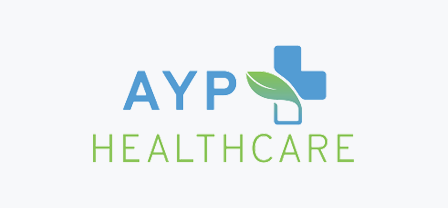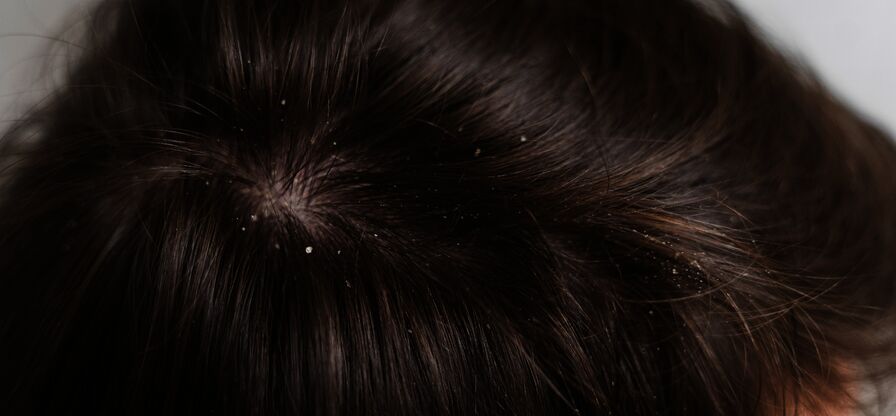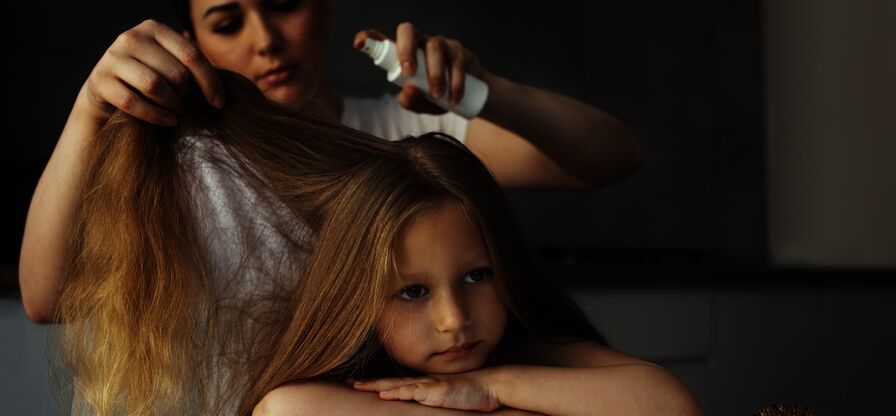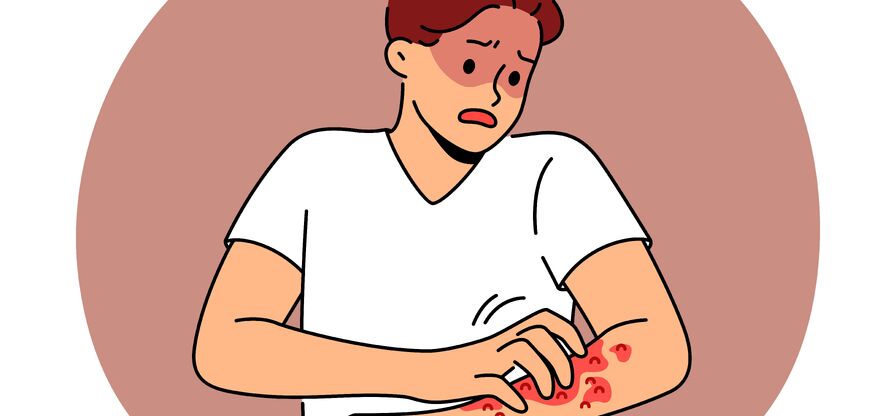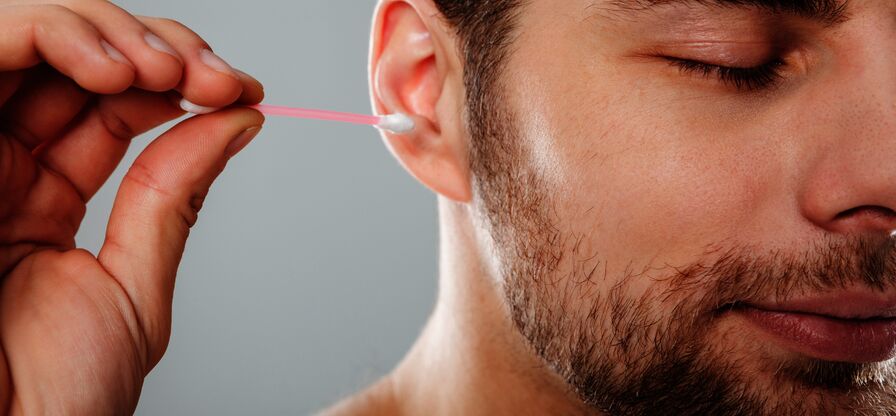Hay Fever (Allergic Rhinitis): Symptoms, Causes, And Treatments

Finally, Britain is experiencing warm weather and the rays of the hot sun! With the easing of the recent COVID-19 restrictions, people have been flooding the streets in their masses, trying to make the most of the beginning of the British Summer. However, this timely appearance of the sun is unfortunately coupled with hay fever, usually spanning from mid-March to early September.
Hay fever, which is also scientifically known as ‘Allergic Rhinitis’, is a seasonal allergy commonly affecting the eyes, nose, mouth and throat. The symptoms are very similar to the symptoms of a cold or the flu and arise due to an allergic reaction to factors like pollen, dust mites, and even animal fur/ hair. Symptoms of hay fever usually include sore eyes, sneezing, sinus pressure, a loss of smell, and fatigue.
The symptoms of hay fever are exaggerated due to the production of chemicals called histamines. Histamines are produced by humans to react to foreign bodies or allergens, however, the production of histamines is heightened by hay fever sufferers, causing the characteristic symptoms of hay fever.
How to manage your hay fever
Hay fever although very common has no known cure. However, this does not mean that the symptoms cannot be managed. Anyone afflicted with this seasonal allergy need not worry, as there are a variety of options to avoid spending the summer in and out of the tissue box.
There are a variety of non-medical and medical options to try to manage hay fever symptoms.
Non-Medical Remedies
Drinking plenty of water
When experiencing hay fever, the sinuses are typically blocked. commonly you will find that your sinuses will start to become blocked, due to inflammation of the sinuses. Keeping yourself hydrated will greatly help to clear your sinuses. Drinking plenty of water (at least 8 glasses a day) will actually inhibit the production of histamine in your body, and allow the body to flush out these irritants.
Using hypoallergenic bedding
Anyone suffering from hay fever knows that the pollen in the air has an annoying ability to be able to stick to just about any surface, especially clothing and bedding. Investing in a good quality hypoallergenic bedding set is a great idea for anyone wishing for a peaceful night’s sleep. Made from natural materials, this bedding is designed to reduce irritation and be gentle on your skin.
Dry your laundry inside
During the summer, you may be tempted to use the heat to your advantage and dry your laundry outside, especially when the pollen count is high. However, this will attract pollen and other allergens to your clothes and home. Avoid drying clothes outside, to improve hay fever symptom control.
Wear sunglasses outside
Even if it is not particularly bright, wearing sunglasses outside, especially wrap around glasses, will help protect your eyes from the pollen and any other irritants in the air, allowing you to soak up the sun!
Avoid opening your windows
Resist the urge to open the windows in your home and vehicle, and this will prevent pollen from entering sticking to your clothes and house surfaces.
Showering or washing hair
Following high pollen exposure, shower or wash your hair to reduce the amount of pollen on your skin and clothes.
Washing Clothes
Change your clothes and wash them, after you have been outside, to reduce the pollen coming into contact with your home.
Applying Vaseline
Applying Vaseline to the nostrils traps and limits pollen inhalation.
Medical Options (Over the Counter)
Although these non-medical remedies are useful, these options may not be suitable for everyone. If these non-medical remedies do not work, you can look into over the counter medical options.
Note: Not all medical treatments are suitable for everyone. If you have any health conditions, are taking medication (herbal, over the counter or prescribed), or have any queries, please speak to an AYP Healthcare pharmacist or your GP.

